- PAF contingent arrives in Saudi Arabia for Air Combat…
Category: 2. World
-
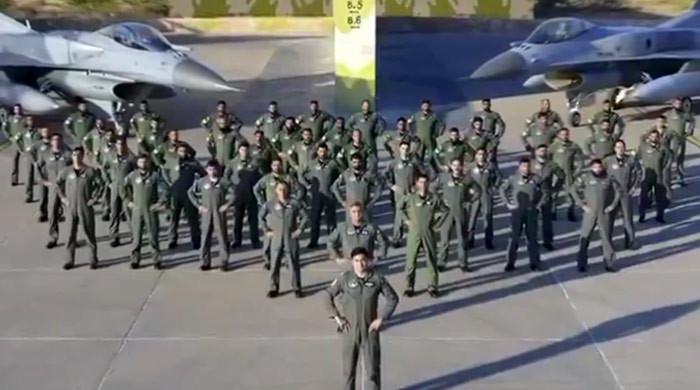
PAF fighter jets arrive in Saudi Arabia for multinational air combat exercise
PAF contingent arrives in Saudi Arabia for multinational air combat exercise. — Screengrab X/@DGPR_PAF -
Starving in Silence: Surging Food Insecurity in Yemen | IRC Policy Briefing – January 2026 – ReliefWeb
- Starving in Silence: Surging Food Insecurity in Yemen | IRC Policy Briefing – January 2026 ReliefWeb
- Yemen faces worst food crisis since 2022, aid group warns Al Jazeera
- UN envoy holds talks in Saudi Arabia to create conditions for peace in…
Continue Reading
-
High-speed trains collide after one derails in southern Spain, killing at least 21 – The Washington Post
- High-speed trains collide after one derails in southern Spain, killing at least 21 The Washington Post
- Death toll in Spanish train crash rises to 39 Dawn
- High-speed train crash in Spain kills at least 39 BBC
- Death toll in Spain train collision…
Continue Reading
-
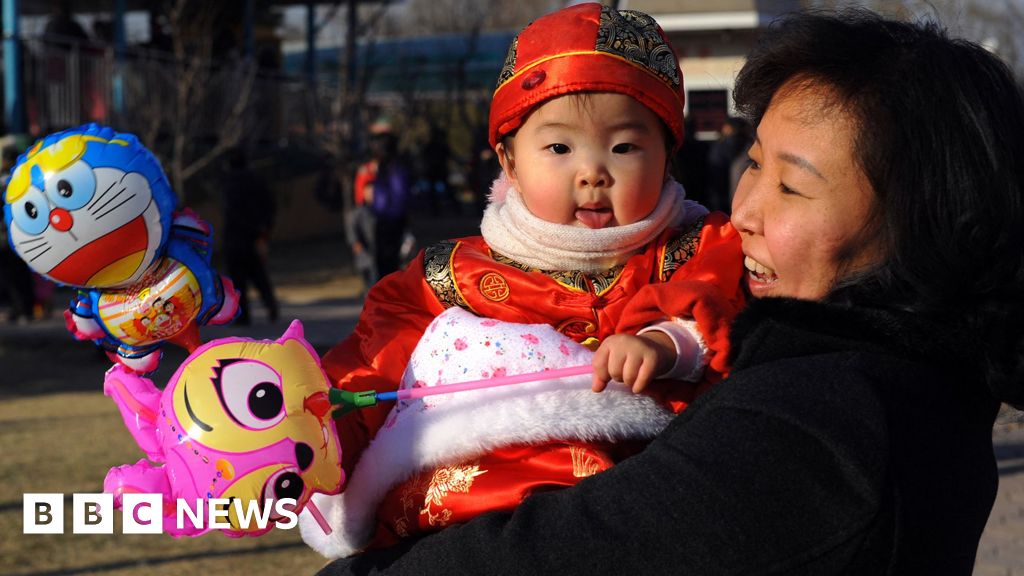
China’s birth rate hits record low as population continues to shrink
China’s birth rates sunk to a record low in 2025, despite the government rolling out a spate of incentives to boost it, as the country’s population fell for the fourth straight year.
Government data on Monday showed that the country’s birth rate…
Continue Reading
-
Trump Tariff Threat to Weigh on Risk Sentiment, European Stocks – Bloomberg.com
- Trump Tariff Threat to Weigh on Risk Sentiment, European Stocks Bloomberg.com
- Starmer holds phone call with Trump over Greenland tariff threat BBC
- German industry lashes out at Trump’s ‘ludicrous’ demands Reuters
- EU considers retaliatory measures…
Continue Reading
-
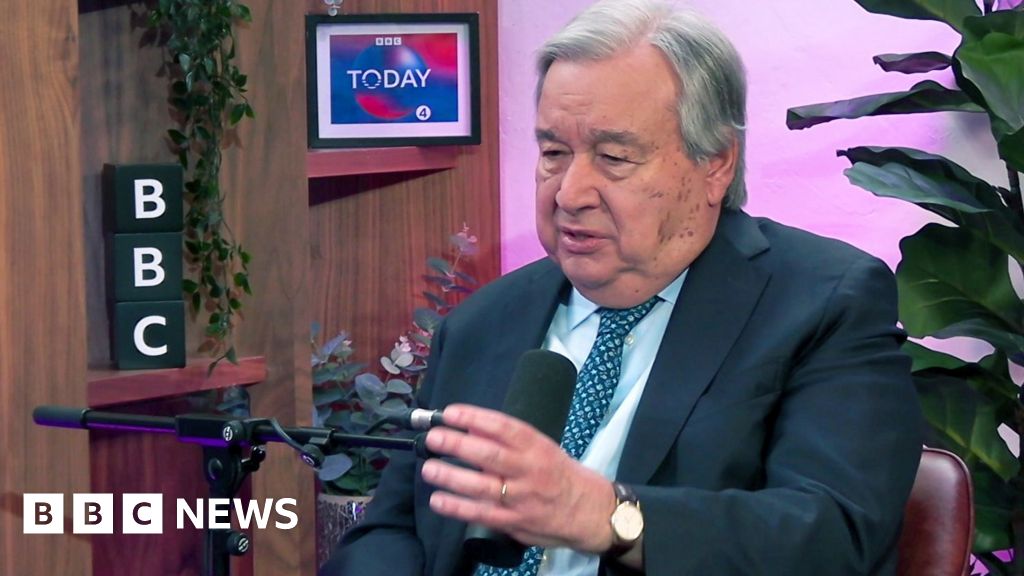
US believes its power matters more than international law, UN chief António Guterres tells BBC
Anna FosterPresenter, Today programme
 UN Photo / Alba García Ruiz
UN Photo / Alba García RuizAntonio Guterres told the BBC some believe “the power of law should be replaced by the law of power” The US is acting with impunity and believes its power matters more than…
Continue Reading
-
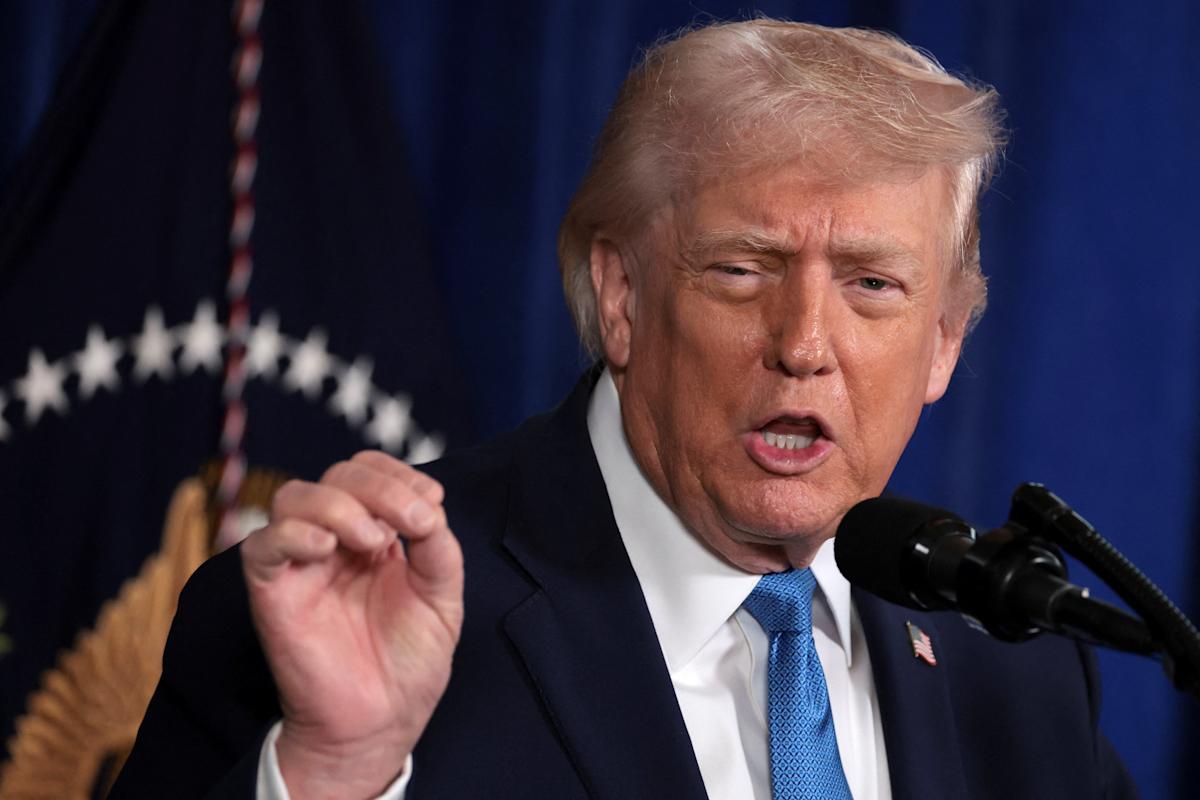
Trump links Greenland threats to Nobel Peace Prize snub; EU discusses $108 billion in retaliatory tariffs
President Trump has linked his rationale for wanting to purchase Greenland with the fact he didn’t win the Nobel Peace Prize, according to a letter the US president sent to Norwegian Prime Minister Jonas Gahr Store.
“Considering your…
Continue Reading
-
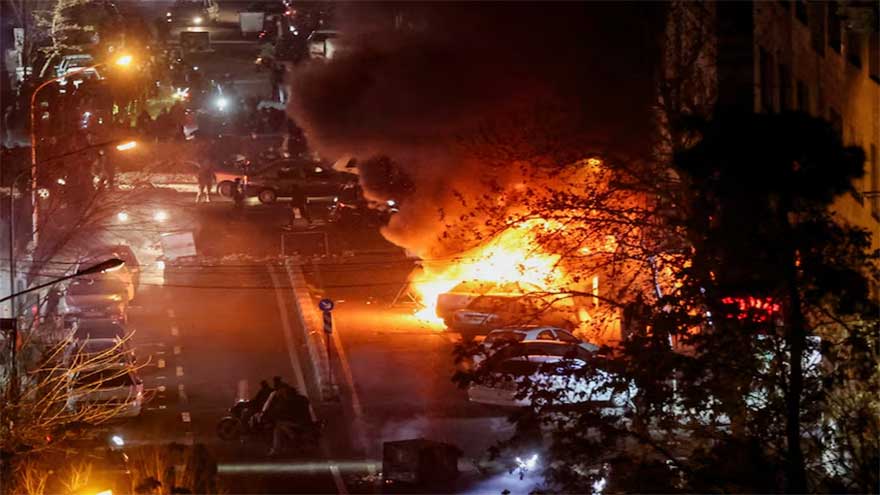
Iran warns against any US strike as judiciary hints at unrest-linked executions
(Reuters) – Iran’s president warned on Sunday that any US strike would trigger a “harsh response” from Tehran after an Iranian official in the region said at least 5,000 people — including about 500 security…
Continue Reading
-
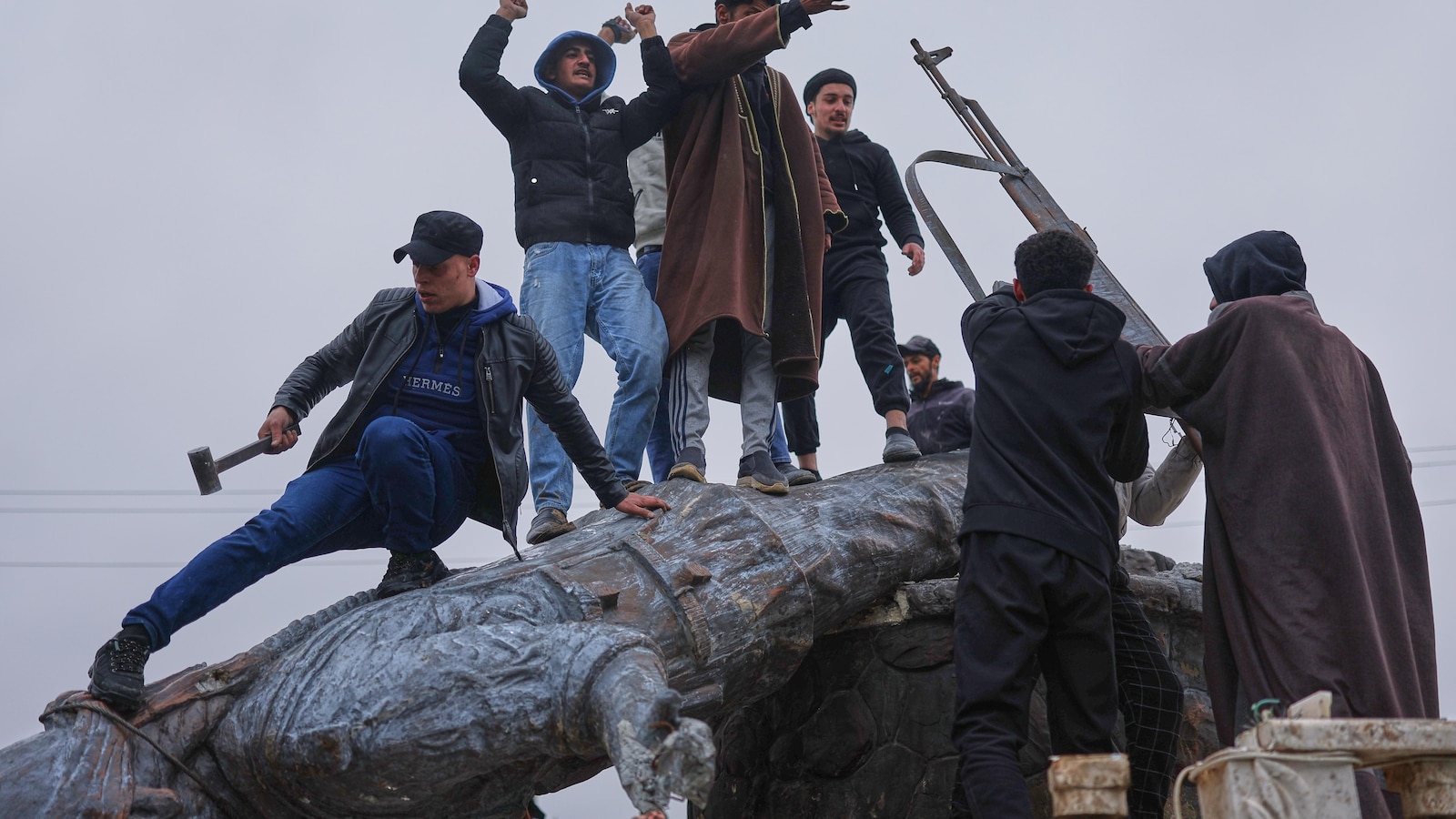
Syrian government announces a ceasefire with the Kurdish-led Syrian Democratic Forces
RAQQA, Syria — The Syrian government Sunday announced a ceasefire with the Syrian Democratic Forces, taking almost full control of the country and dismantling the Kurdish-led forces that controlled the northeast for over a decade.
The…
Continue Reading
-
Live Updates: Trains Collide After Derailment in Spain, Killing at Least 21 – The New York Times
- Live Updates: Trains Collide After Derailment in Spain, Killing at Least 21 The New York Times
- Five dead after high-speed trains collide in Spain BBC
- Two high-speed trains collide in Spain, police sources say 21 people killed Dawn
- High-speed…
Continue Reading